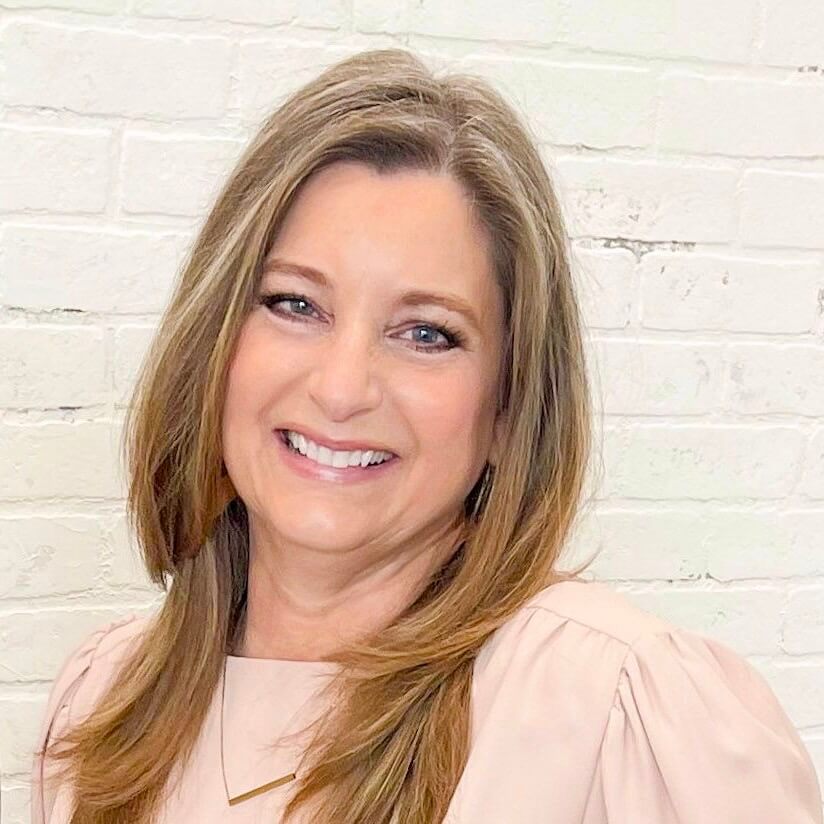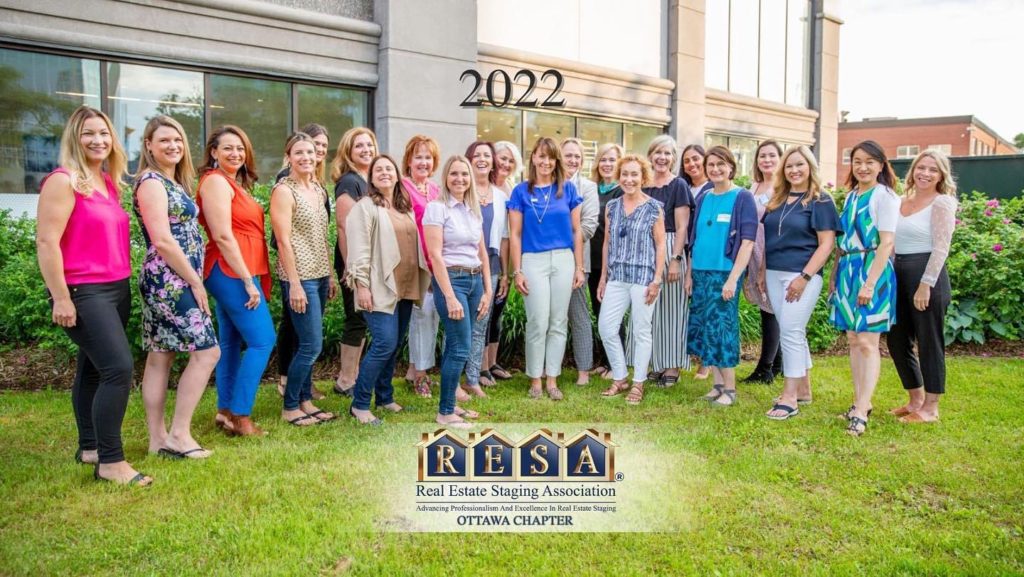At RESA HQ their team is asked questions from home stagers throughout North America on a daily basis, from where to get training, how to keep up with inventory, where to find clients, the best resources for contracts, and more! For our Ask The Experts Blog series we take some of these questions to experts in our industry to get their advice.
The RESA mission is for home staging to be an industry where high standards are well-established and practiced universally, and by sharing some tips from the experts we hope to help those in the staging industry be the most successful they can be.
A recent question was asked,”Can I get some advice on hiring for lead Stagers?”
As co-owner of BY Design Home Staging in San Antonio, Debbie Boggs has earned numerous awards for her interior design and staging work. Her projects have been featured in newspaper and magazine articles. Debbie co-founded Staging Studio, which provides training for stagers and real estate agents.
Debbie Bogg’s Feedback on Hiring Lead Stagers:
The most expensive thing you will do as a business owner is to find, hire, and train your staff. Since you will invest so much in that process – not just financially, but also your time and your energy – you want to protect that investment by making sure your team is loving their job and everyone is operating in their own sweet spot. Part of that is making sure that you are finding people who are the right fit for the position.
Here are some tips for hiring lead stagers.
First of all, hire slowly.
Don’t wait until it is an emergency. Take your time to really make sure that it is a great fit. That may mean spending months on the search process.
A hiring platform like Indeed can bring you a lot of qualified candidates in a short period of time.
When using Indeed, post the job as a new job each time you need to hire, rather than re-opening the old job. This will bring it to the front page of listings, rather than being buried under several pages. It will be much more likely to catch the eye of applicants who are actively searching for a job.
A huge benefit of using something like Indeed or LinkedIn is the ability to manage and pre-screen applications all in one place. Both have the functionality to ask required questions, which can be set up as ‘deal breakers’ to filter out unqualified applicants. These platforms can also be used to automatically request a phone or video interview. You predetermine the questions and candidates submit a recorded response. This really speeds up the process of elimination for you. If nothing else, you learn whether they can follow instructions and communicate clearly.
Another place that we have found to be a great source of potential lead stagers is retail furniture stores.
Their salespeople have experience working with clients, are trained in design, are used to being on their feet all day, and are very often tired of working retail hours. Not recommending that you go poaching – but you might know someone who works there or who knows someone who works there.
That brings us to the third, but probably the most important place to look for someone – your network.
You already have a strong real estate network. There are agents who are in it because they just love houses and everything ‘home’. They already speak the language and might love a little career pivot. You also have a designer network. Designers tend to hang out with other stylish people who love design, so get the word out that you are looking.
Tap into your social media network as well. You should already be connected to other local designers, real estate agents, investors, and influencers. (If you’re not, we need to talk…) Seek out those who you have noticed have an eye for design. They may either be interested in staging themselves, or know someone who might be.
Lastly, be active in your local RESA® chapter.
You might find stagers who would jump at the chance to join a team and not have the responsibility of owning their own business.
Once you narrow it down to a few candidates, make certain that they have the staging skills you need.
Just because they have a design degree doesn’t mean they have the eye. When we are interviewing stagers, we give them a simple staging test. We show them a photo from one of our occupied consultations and ask them what they would do. It will be pretty obvious in a matter of minutes whether they get it or not.
It’s more than just the skill, though. You need to make sure they will fit in your company culture and share the same values. The best designer in the world with a bad attitude will be like poison to your team. Not worth it.
We recommend that you have multiple interviews with your candidate, maybe at different times and even at different locations.
Maybe the first interview is a zoom interview, then at a coffee shop, then at your warehouse. That way you get to see them in different environments, and see if they can follow instructions. You will know if they actually read your entire email, if they are in the habit of being punctual, if they present themselves appropriately, how they interact with other members of your team, and if they are conscientious about follow-up.
Next, you will need a clear job description.
List all of the tasks and responsibilities or roles that you want this person to fulfill. This needs to be uber clear, and that is difficult, because in a small business everyone needs to be flexible and do whatever needs to be done.
To the extent that it is possible, have a trial day for a candidate before they are officially hired.
Of course they are not going to be familiar with your systems, but you will see if they have a natural talent and if they learn quickly. It also gives them an opportunity to see if this is a position that they will be happy in.
Once you find your ideal candidate, help them become the rockstar stager that you are needing.
Together through the RESA executive team, RESA leadership, and the RESA Board of Directors, and our members, we have built a community of entrepreneurs and professionals that are stronger together. The RESA community supports, uplifts, and encourages one another to continue to grow as an industry. Together, RESA home stagers and affiliates are growing industry awareness and raising expectations.
If you have a question that you would like RESA to bring to the experts, submit it here.
Not a RESA® member yet? Click here to learn how to join and about the many benefits RESA® makes available to help advance the home staging industry!

Debbie Boggs is a co-founder of Staging Studio, a RESA® and IAHSP accredited staging certification training provider, and the co-owner of BY Design Home Staging, a multimillion-dollar home staging company in San Antonio, TX. Staging Studio gives stagers the skills they need to launch & grow their home staging businesses.
Staging Studio’s goal is to ensure that every stager has access to the best resources that will rocket their staging business to success. Debbie, and her best friend-turned-business-partner Julie Young, foster a supportive staging community with their free Facebook group, Staging Studio Society, and an award-winning staging blog full of the latest trends, news, and more from the staging industry.
Together with other industry leaders, Debbie and Julie co-authored the Amazon #1 bestseller, Marketing for the Staging + Design Industry. Debbie and Julie have won numerous awards for their staging and training program, including RESA Real Estate Staging Industry’s Most Influential People; RESA Top Ten Luxury Vacant Staging Team of the Year RESA; RESA Top Ten Home Stager of the Year - Vacant; HSRA Top Five Staging Companies; Freshome Best Interior Designers; and Feedspot Top Home Staging Blogs for StagingStudio.com/blog.
Staging Studio is built on the belief that the home staging industry should be open to anyone who loves home decor and has an entrepreneurial drive. That’s why they work to keep tuition low and donate 10% of all course fees. Those funds go to scholarships for Staging Studio students, to help them get the training they need to run a profitable business, and to nonprofits that benefit women and children.
Latest posts by Debbie Boggs, Staging Studio Co-Founder
(see all)







